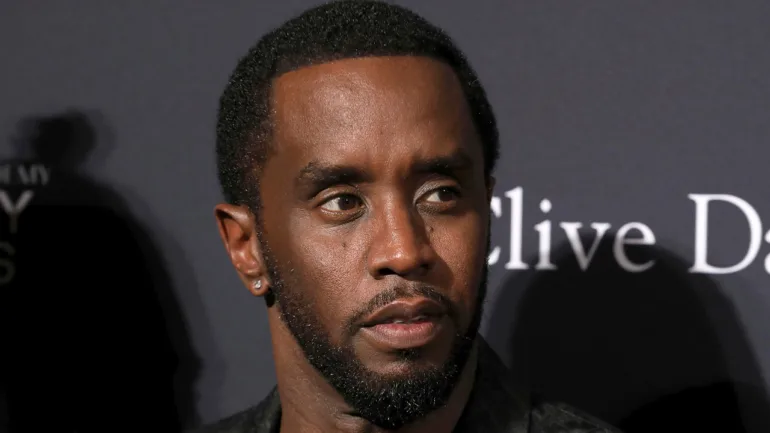Jury selection began Monday in New York in the high-profile federal sex trafficking trial of music mogul Sean “Diddy” Combs, who stands accused of orchestrating years of coercive abuse involving drugs, violence, and exploitation.
Combs, 55, has pleaded not guilty to all charges, maintaining that any sexual encounters were consensual. However, prosecutors allege he used threats, drugs, and violence to manipulate victims into participating in what they describe as “freak-offs”—coercive, drug-fueled sex parties that sometimes involved sex workers and were reportedly filmed.
At a recent hearing, Combs’ attorney Marc Agnifilo offered a preview of the defense strategy, characterizing the artist’s behavior as part of a consensual “swinger lifestyle.” Prosecutors revealed that a plea deal had been offered—details of which remain undisclosed—but Combs rejected it.
The trial has drawn national attention, with long lines forming outside the courthouse Monday morning as media and court watchers vied for a glimpse of the proceedings. Jury selection is expected to last about a week, with opening statements tentatively set for May 12. The trial is estimated to run eight to ten weeks.
Combs faces one count of racketeering conspiracy under the federal RICO statute—a law historically used to prosecute organized crime, but increasingly applied in cases involving systemic sexual abuse, as seen in the conviction of R\&B singer R. Kelly.
The RICO charge enables prosecutors to present a broader narrative of criminal conduct, rather than isolated incidents. If convicted, Combs—who played a pivotal role in bringing hip-hop to the mainstream—could spend the rest of his life in prison.
From met Gala icon to federal defendant
Once a fixture on red carpets and the Met Gala’s celebrity-studded stairs, Combs now finds himself in a starkly different reality. He has been held without bail at Brooklyn’s Metropolitan Detention Center since his arrest in September 2024. The facility is notorious for its harsh conditions, including vermin, violence, and neglect. Previous high-profile inmates have included Ghislaine Maxwell and Sam Bankman-Fried.
Observers noted Combs’ altered appearance during pre-trial hearings—his hair unkempt and graying, his demeanor subdued—a sharp contrast to the energetic persona that defined his decades-long career in music, fashion, and liquor branding.
Monday’s jury selection also marked an ironic twist: the first Monday in May traditionally marks the Met Gala, where Combs once dazzled photographers. This year, however, he was downtown, seated in court as lawyers screened prospective jurors.
Key witness: Cassie ventura
A central figure in the case is singer Cassie Ventura, Combs’s former partner, who is expected to be a key witness. In 2023, Ventura filed a civil suit accusing Combs of over a decade of physical abuse, drug-facilitated coercion, and rape. That case was settled swiftly out of court—but it opened the floodgates.
Soon after, a cascade of similar allegations emerged from multiple accusers—both women and men—detailing patterns of control, abuse, and manipulation.
A pivotal piece of evidence is a 2016 surveillance video, aired by CNN in 2023, showing Combs physically assaulting Ventura in a hotel hallway. Though the quality of the footage has been contested, Judge Arun Subramanian has ruled that portions will be admissible in court.
A cultural reckoning for the music industry
Combs’s case is seen by many as a potential tipping point for the music industry, which has largely evaded the wave of #MeToo accountability that has swept through Hollywood.
Caroline Heldman, co-founder of the Sound Off Coalition—an advocacy group addressing sexual abuse in music—called the trial a moment of reckoning.
“In the music industry, this is the perfect storm of celebrity and unchecked power,” she told AFP. “It creates an empathy deficit, where the rules don’t apply.”
Heldman expressed hope that Combs’s prosecution could encourage more survivors to speak out.
“I’m optimistic that justice will be served—and that this inspires others to come forward.”
As jury selection continues this week, the world will be watching closely—not just for the fate of one of hip-hop’s most influential figures, but for what the trial may signal about long-overdue accountability in the music industry.
AFP


